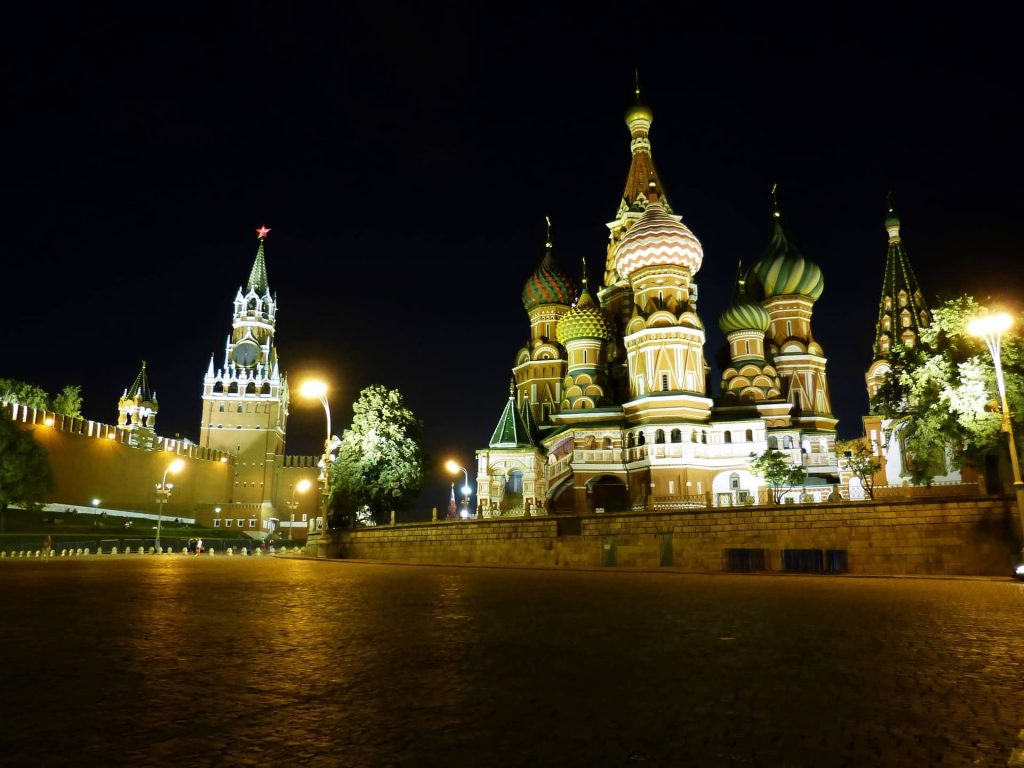
The arrest of a Russian businessman, now an opposition politician, head of the Yukos company Mikhail Khodorkovsky on October 25, 2003, may have been the result of a report sent to Moscow from the U.S. by the Russian spies who were part of the Illegals Program. This conclusion can be made on the basis of the book “A Woman Who Can Keep Secrets,” published by one of the intelligence agents exposed in 2010, retired colonel of the SVR, Elena Vavilova.
Recall that in 2010, the FBI discovered a deeply undercover network of spies living here illegally. Many of them lived for decades under foreign names, successfully impersonating foreigners, and even their own children did not know who their parents really were. As a result of the exchange that followed shortly after the arrest, the detained Russians eventually returned home.
In 2019, Elena Vavilova, who worked in the United States under the name Tracy Lee Ann Foley before being exposed, presented her first book. Officially, “A Woman Who Can Keep Secrets” is a fictional espionage novel; however, as the author admits in her numerous interviews, the book is largely autobiographical, although some names, places and details in it are deliberately changed. However, these changes are not hard to spot, since quite often only a couple of letters distinguish them from real names.
An example of this is the chapter that describes the arrest of the Russian oligarch Mikhail Khodorkovsky. The name and patronymic of Mikhail Borisovich in the book remained the same, but the surname was replaced by “Khovansky,” and the company “Yukos” by “Yugos.” The transparency of this ploy is underlined in the book by quotes from the Western media on the arrest of Khovansky. In particular, Elena Vavilova literally quotes an excerpt from an article by The Wall Street Journalpublished after the arrest of Mikhail Khodorkovsky:
“Whatever the intention behind the attack on the Yukos CEO and his associates, its success has always depended on isolating its victims and on persuading possible allies, fellow-oligarchs like Vladimir Potanin, Mikhail Fridman and Oleg Deripaska, that their empires aren’t threatened as long as they play by whatever rules were agreed behind closed doors at the start of Mr. Putin’s presidency.”
In the book version, the names of the oligarchs are omitted, and Yukos, as already noted, is replaced by Yugos. Also quoted verbatim in the novel is the excerpt from The Financial Times, which refers to the suspension of negotiations on the merger of Yukos with Exxon Mobil and Chevron Texaco in connection with the Khodorkovsky arrest.
According to the storyline in the book, intelligence officers in the Illegals Program learn from a Pentagon employee that the U.S. intelligence agencies are trying to gain control of the Russian budget by transferring oil export revenues under the control of American corporations. This plan, according to the colonel, will be executed by “M. Khovansky.” After the arrest of “Khovansky,” the illegals celebrate their victory and express joy that their information was useful.
It’s possible that the story of the information received in the United States was a complete fiction created by the Russian special services in order to belatedly justify the arrest of the businessman. However, the effectiveness of such an idea is highly in doubt. First, the format of the fiction novel does not help with the wide distribution of the proposed version. Secondly, the Russian government looks even worse in this situation than before.
If in the original version the Kremlin insisted that Mikhail Khodorkovsky was guilty of many criminal offenses, now, according to the book, it turns out that the reason for his arrest was the Russian leadership’s fear that the oligarch’s business deals could weaken their international position. In fact, the book states that Khodorkovsky was arrested for completely legitimate actions based only on the report by the special services.
